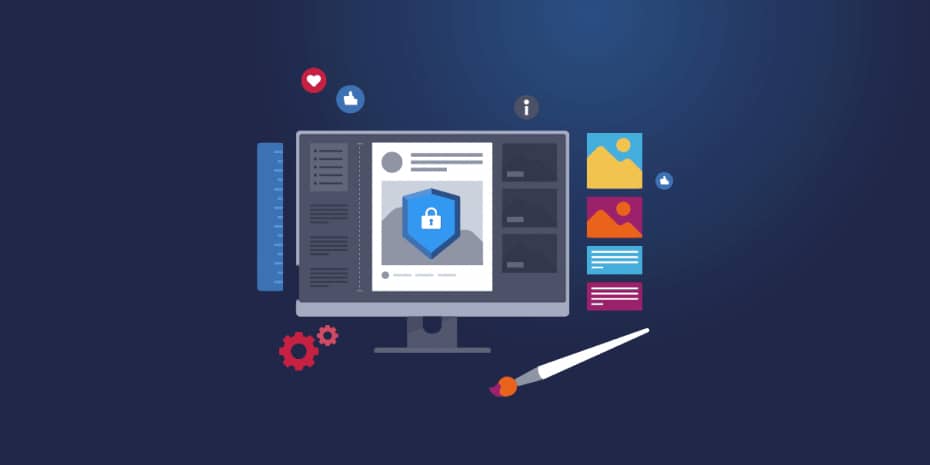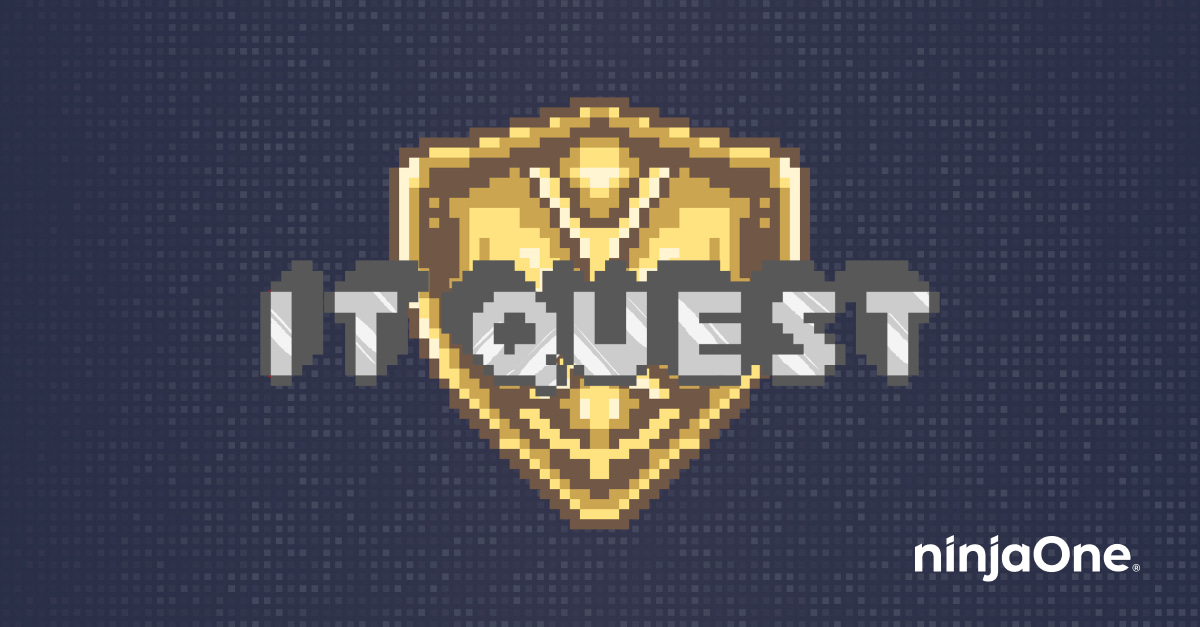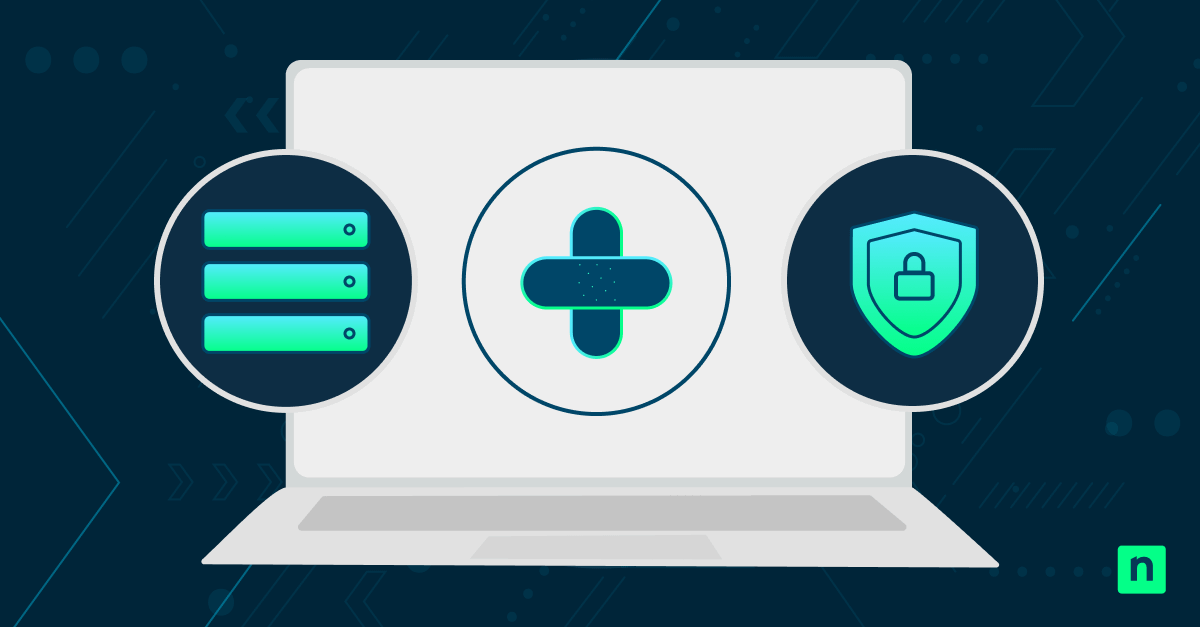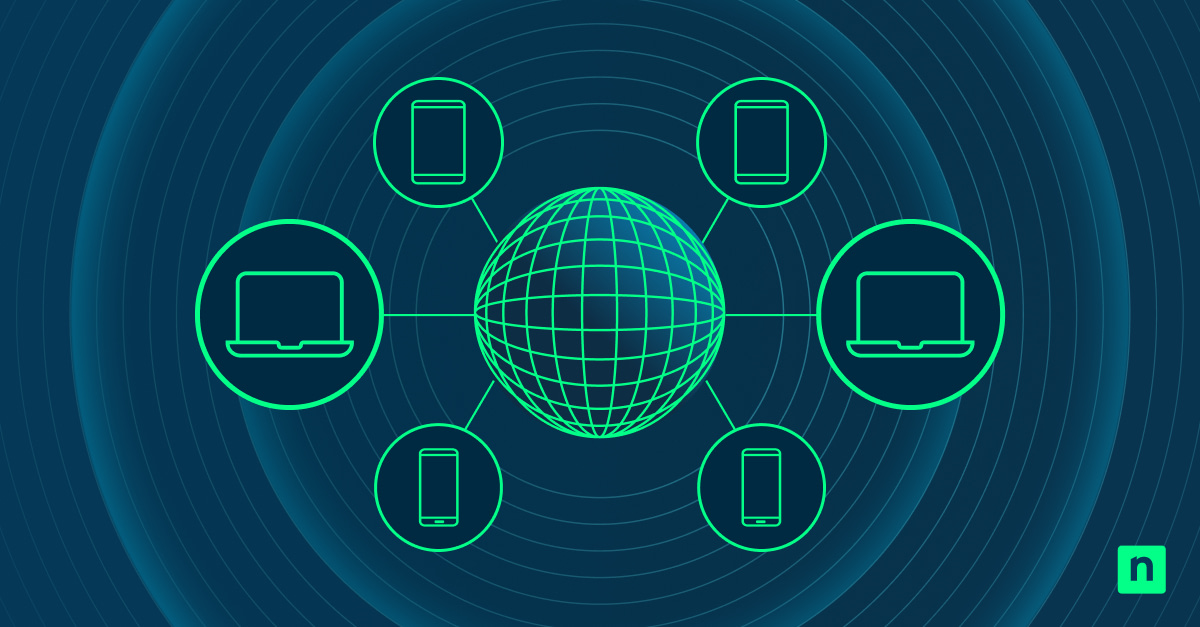Endpoint (or device) hardening is the concept of reinforcing security at the device level. Because securing endpoints is fundamental to every other security action you take, it’s important to invest as much as you can into endpoint hardening. According to research conducted by Ponemon with Keeper Security, 81% of businesses experiencing an attack in 2020 were faced with some form of malware. Other forms of attack also included credential theft, compromised/stolen devices, and account takeover. All of these attacks can be alleviated with a good endpoint hardening approach.
Examples of Endpoint Hardening Activities
Account Access Protection
- Enable and enforce MFA
- Remove extraneous accounts
- Change default admin accounts
- Enforce least privilege access across user accounts
- Block end-users from installing apps
- Enforce strong passwords
Device Configuration
- Enable secure boot
- Disable USB
- Encrypt disk
- Block net calls from applications (notepad, wscript, cscript, etc.)
- Reduce port exposure
- Enable and expand logging
- Disable insecure protocols like SMBv1, Telnet, and HTTP
- Password protect BIOS/UEFI
Software Management
- Remove potentially malicious apps
- Remove unsupported software
- Deploy antivirus / EDR
- Deploy password management solutions
- Enable firewall
- Remove old executables
- Prevent end users from installing apps
Auditing
- Audit device hardening
These examples are not meant to be an exhaustive list but are a great place to jump off from as you look to expand your endpoint hardening strategy.
Why is Endpoint Hardening Important?
Though endpoint hardening should be at the core of a good cybersecurity strategy, many organizations are not taking the basic steps they need to support comprehensive endpoint hardening. Without a solid foundation, organizations may find themselves spending more money and time trying to fix issues that could have been prevented.
In Microsoft’s Digital Defense Report, they detailed a number of key issues that plagued customers recovering from attacks, including a lack of MFA for user & privileged accounts, no immutable or usable backups, no use of Privileged Access Workstations, and more. For example, a whopping 82% of organizations lacked local admin password management controls. Though advanced security measures are important, it’s also important to remember that the fundamentals still need work. Backups, MFA, privilege management, complex password enforcement, etc. are all important to the foundation of security at any organization.
Taking the time to focus on endpoint security can have numerous benefits, including:
- A more secure network
By strengthening the security of endpoint devices, organizations can reduce the risk of data breaches and cyber attacks - Enhanced compliance
Endpoint hardening can help organizations meet regulatory requirements and industry standards related to data security - Greater efficiency
Endpoint hardening can improve the performance and reliability of endpoint devices, leading to increased productivity and reduced downtime - Cost savings
By preventing data breaches and cyber-attacks, endpoint hardening can help organizations avoid the costly consequences of security incidents
Automation + Endpoint Hardening = A Winning Combo
There’s no doubt that investing time into securing endpoints can be a labor-intensive endeavor. It will require a lot of bandwidth, which can be hard to find within already overloaded IT departments. But, if an IT team has the means to invest in IT automation, the endpoint hardening process can be highly simplified.
If the world of IT automation is new to you or if you haven’t had the chance to invest yet, there are plenty of reasons why automation is such a powerful tool to have in your kit. In IBM’s Cost of a Data Breach report, they found that organizations that had a fully deployed AI and automation program were able to identify and contain a breach 28 days faster than those that didn’t, saving roughly $3 million USD in costs.
However, it’s important to note that automation is not an all-or-nothing approach. Organizations with a partially deployed AI and automation program still fared significantly better than those without.
So why is automation important specifically in an endpoint hardening capacity?
- Reduces the potential for human error
Unfortunately, no matter how many times someone runs the same process, there is still a chance that human error will come into play. Devices and vulnerabilities can be overlooked through a manual process, even with proactive monitoring. With automation, potential issues can be found and remediated ASAP. - Reduces the time investment in manual tasks
Manual tasks often take up the most time, but the good news is that these tasks are also the best candidates for automation. For example, rather than enabling a device firewall on each device individually, you could use scripts to automatically check for firewall status and enable on any devices in which it was disabled. - Improves IT employee satisfaction
No one wants to spend days reviewing each individual endpoint and manually remediating issues. By implementing automation practices, IT employees can spend more time focusing on responsibilities that can help grow their careers. Not only will they spend less time on repetitive and tedious tasks, they’ll also be able to expand their experience within automation and build important skills, leading to better employee retention. - Helps to support compliance
Depending on your organization’s industry, you may be subject to a number of compliance regulations. Automating compliance actions will help ensure that the organization remains compliant and avoids any potential penalties.
In short, strengthening security at the device level is a key step in creating a solid foundation, and using a dedicated automation tool is a great way to make the process more efficient and effective. In our Endpoint Defense Playbook, you’ll find five detailed tutorials on how you can utilize Ninja’s built-in automation to deploy scripts, enable security tools, expand logs, secure passwords, and remove potentially malicious software.
And if you want to get your hands on a free trial, sign up here: https://www.ninjaone.com/freetrialform/








